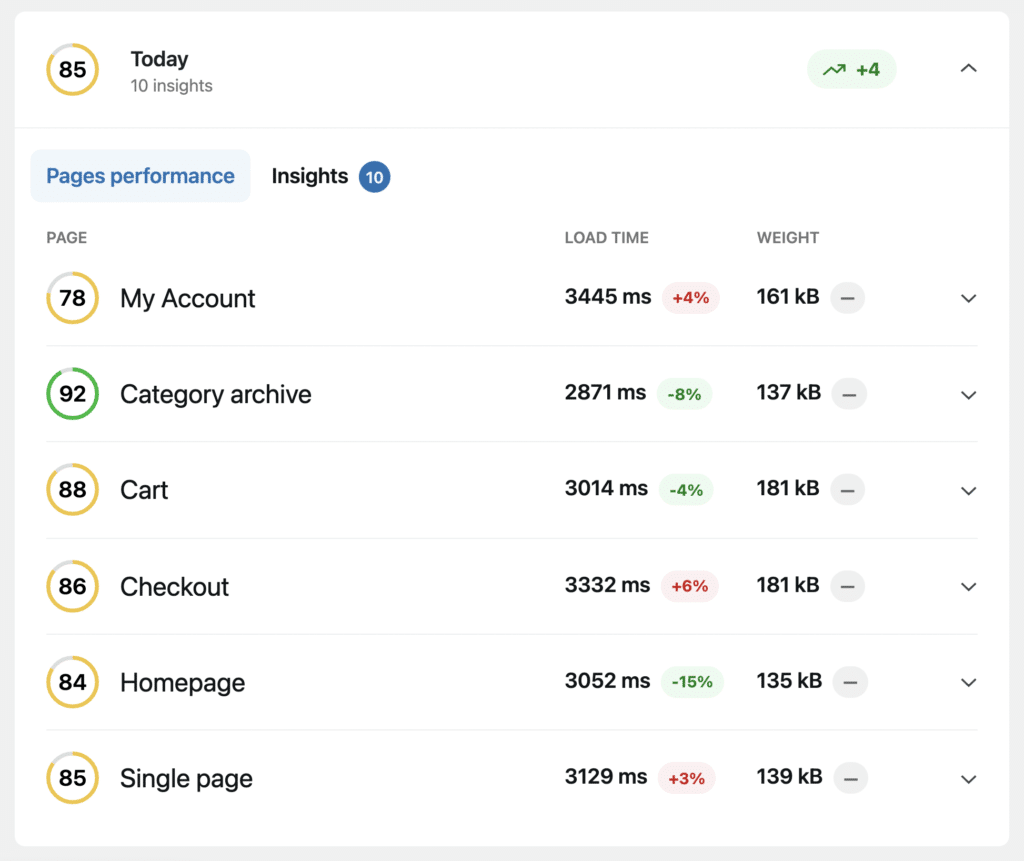The State of Managed WordPress Hosting
It was almost five years ago when I joined a hosting company called Liquid Web. I can't believe it's been that long. When I joined, I was aware of 10 major Managed WordPress hosting companies. Today there are even more.
The question that was on my mind, our team's mind, and just about anyone I talked to, was – “how are you doing to do something different to stand out?”
Right away we created a hosting offering that would do really well for high performance, highly concurrent traffic that couldn't just use a caching plugin. We then added image compression. And the third big move was the plugin updating service we created that would do visual comparison.
We stood out. But we knew that eventually most of those moves would be copied. As they should have been since we thought they belonged as first class citizens in any “managed” offering for WordPress or WooCommerce.
The Term “Managed” Has Lost Meaning
Today the term “managed” means just about anything in the WordPress hosting world. It can be placed on hosting plans at $2.99/month and those at $999/month. It can mean proactive following up with a customer when one of their plugins is compromised (like we do), or a generic email that tells you your site might be in trouble if you happen to using a particular plugin (shouldn't your host know?).
And yes, what everyone agrees on is that hosting performance is everything.
Hosting performance is critical, not just because Google takes it into account, but because customers don't have time to wait for your pages to load.
And what you expect is a host that delivers speed. Lighting fast speed, right away.
Hosting Performance is Everything
We know that site performance is key. It's especially true with WooCommerce stores. The problem is that when your site or store feels slow, three things often happen:
- You can't pinpoint exactly when it started slowing down
- Your host often suggests you upgrade to a higher plan
- And if not, your host gently (or not so gently) points the finger back at you
None of that is fun. None of that is helpful. And none of that gets to the core of the problem, when it comes to site performance.
Impact Analysis Has Been Impossible
The problem with diagnosing your site or store performance is that it's an ever changing dynamic. You're making tweaks to your site. You're adding plugins or changing themes. And then there's traffic. Patterns change.
Plus, plugins get updated and you don't control what happens if they ship with a larger CSS or JS file or something that slows your site down. You don't even know it.
What you need is a way to monitor performance regularly, and a way to connect the dots so you know why your site is slowing down. And when it slowed down.
Cause and effect. It's the critical missing piece.
Here's What We've Done About It
For the last year (almost a year and a half), we've been talking about this problem. We wanted a solution that wouldn't be work for our customers. But would reveal things. Things like how the changes you recently made impacted your site.
Take a look at this first screen. It shows you that three changes you made on the 10th impacted your store by slowing things down.

What that allows you to do is dig in to the August 10th data and click on the “site changes” tab to see what specifically was changed.

Seeing the changes allows you to determine if they were good or bad, right or wrong, worth it or not.
Most importantly, you can also see where the impact was felt on a page by page basis – as you see below. We've tagged specific pages that we think are critical and nightly we can check how they're doing and see if they're changing.

And for each page, we can dig in a little deeper to see if the page has changed in any substantial way (like you added large images, introduced third party call-outs, or any other change).

Everyone Will Get This
We're getting ready to roll this out to people and I can't wait. New customers will get it first at Nexcess and then more and more of our existing customers will get it.
It's just one more way we keep innovating to deliver value to our customers and help them appreciate what “managed” really means in the hosting space.
